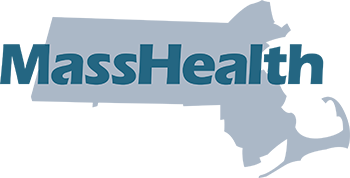Federal Poverty Level (FPL)
The Federal Poverty Level, or FPL, is a measure of income level published each year by the Department of Health and Human Services. Federal poverty levels are used to help determine your eligibility for certain programs and benefits. The 2025 MassHealth Income Standards and Federal Poverty Levels are used to determine who may be currently eligible for MassHealth programs. The 2024 Federal Poverty Levels are used to determine who may be eligible for Health Connector or ConnectorCare plans during the 2025 plan year, January 1 through December 31, 2025. 2025 MassHealth Income Standards and Federal Poverty Guidelines, Effective March 1, 2025 Family Size MassHealth Income Standards 100% Federal Poverty Level 133% Federal Poverty Level 150% Federal Poverty Level 190% Federal Poverty Level Monthly Yearly Monthly Yearly Monthly Yearly Monthly Yearly Monthly Yearly 1 $522 $6,264 $1,305 $15,660 $1,735 $20,820 $1,957 $23,484 $2,478 $29,736 2 $650 $7,800 $1,763 $21,156 $2,345 $28,140 $2,644 $31,728 $3,349 $40,188 3 $775 $9,300 $2,221 $26,652 $2,954 $35,448 $3,332 $39,984 4 $891 $10,692 $2,680 $32,160 $3,564 $42,768 $4,019 $48,228 5 $1,016 $12,192 $3,138 $37,656 $4,173 $50,076 $4,707 $56,484 6 $1,141 $13,692 $3,596 $43,152 $4,783 $57,396 $5,394 $64,728 7 $1,266 $15,192 $4,055 $48,660 $5,393 $64,716 $6,082 $72,984 8 $1,383 $16,596 $4,513 $54,156 $6,002 $72,024 $6,769 $81,228 For each additional person, add $133 $1,596 $459 $5,508 $610 $7,320 $688 $8,256 These figures are rounded and may not reflect the figures used in program determination. The Institutional Income Standard is $72.80. Family [...]






